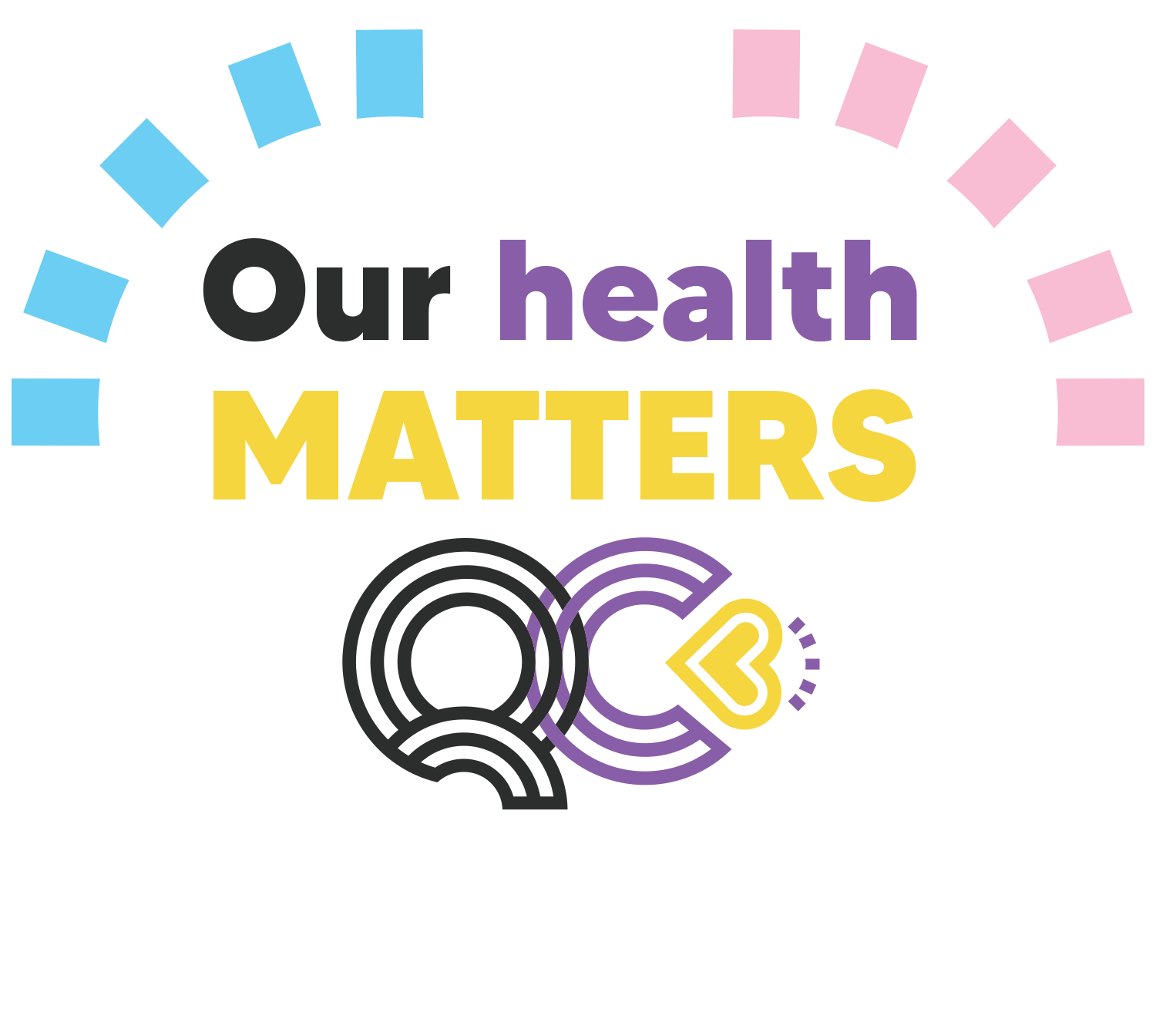
Chlamydia
Chlamydia (Chlamydia Trachomatis) is a bacteria, that causes an STI. It is spread through genital contact (vaginal or anal) and oral sex with anyone who has the infection. It most commonly affects the urethra, cervix, anus and can also be occur in the throat. For anyone who has a cervix, it can also spread to the uterus and fallopian tubes. Chlamydia can also be transferred to the eyes through rubbing or touching with unwashed hands that have touched the genital area.
Chlamydia is the most common STI worldwide, with over 70,000 notifications in Australia in 2016. Nearly 80% of people who are diagnosed with Chlamydia are between the ages of 15 and 29 years and most do not have any symptoms.
** This means that someone with a Chlamydia infection may not know they have it and can pass it on to someone else through unprotected sex (vaginal, anal, or oral). **
If symptoms occur, they usually develop about 2 to 14 days after having unprotected sex with someone who has a Chlamydia infection.
People with a Chlamydia infection may notice that they have:
• A change in their vaginal discharge.
• Crampy pain in the lower abdomen.
• Menstrual changes including longer heavier periods which may be more painful.
• Pain when passing urine.
• Bleeding or spotting between periods or after having sex.
• Pain during or after sex.
• A discharge from the penis.
• Discomfort or irritation at the tip of the penis.
• Pain when passing urine.
• Swollen and sore testes if the infection goes up the urethra.
The best way to avoid getting Chlamydia is practice safe sex. People who have had unprotected sex (vaginal, anal, or oral) may be at risk of a Chlamydia infection. The only way to know that they do not have an infection is to get a sexual health check.
Always using condom and dental dams when having vaginal or anal sex is the best way to avoid a Chlamydia infection. Using water-based lubricants with condoms and dams is also recommended. If people have more than one sexual
Without treatment, Chlamydia can spread from the vagina to the cervix, uterus, fallopian tubes, ovaries and other parts of the lower abdomen. This type of infection is called Pelvic Inflammatory Disease (PID). PID is a serious illness that often causes fever and pain in the lower abdomen. PID can cause the fallopian tubes to become blocked with scar tissues and this can lead to difficulties in getting pregnant.
Babies born to a parent with untreated Chlamydia may develop lung and eye infections. Therefore, it is important for anyone who is pregnant to have antenatal checks which should include STI testing early in their pregnancy and late in the pregnancy if they are at high risk.
If you have had unprotected sex (vaginal, anal, or oral) without protection you could have Chlamydia. Testing for chlamydia and other STI’s can be done by your local doctor, family planning clinic or sexual health clinic.
** Testing for Chlamydia is simple. **
The doctor or nurse can test for Chlamydia by:
• Taking a urine sample
• Taking a vaginal, anal or throat swab
** If you have had unprotected sex, you may have Chlamydia, so it is best to have a sexual health check ASAP. **
If people find out they have Chlamydia, anyone they have had sex with within the past 6 months should also be tested and may need treatment at the same time.
Advising sexual partners that they have been exposed to an STI is important for their health and
the health of others that they may have had sex with. Chlamydia can usually be effectively treated with a single dose of antibiotics. In some cases, a longer course of treatment may be needed. This is to ensure it has been treated effectively. Take the tablets as advised, avoid sexual contact or use protection for any sexual for the 7 days after you have taken the tablets. Avoid sexual contact or use protection with others if they are also undergoing treatment.
** Anyone who has had Chlamydia should have another test 3 months after they have been treated to make sure that they have not got Chlamydia again. It is common for people to get Chlamydia again from a sexual partner who has not been treated. **
+
-
+
-
+
-
+
-

